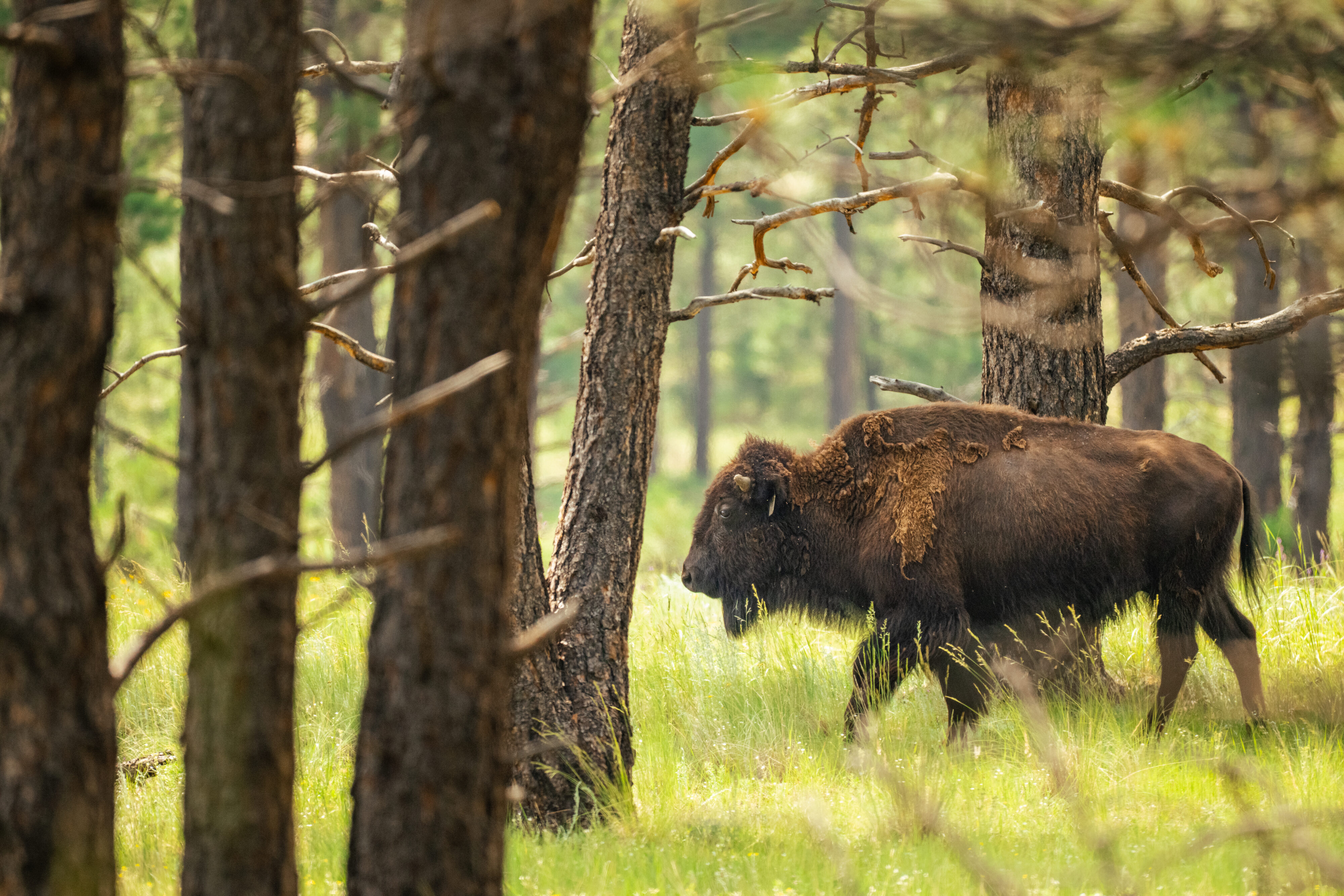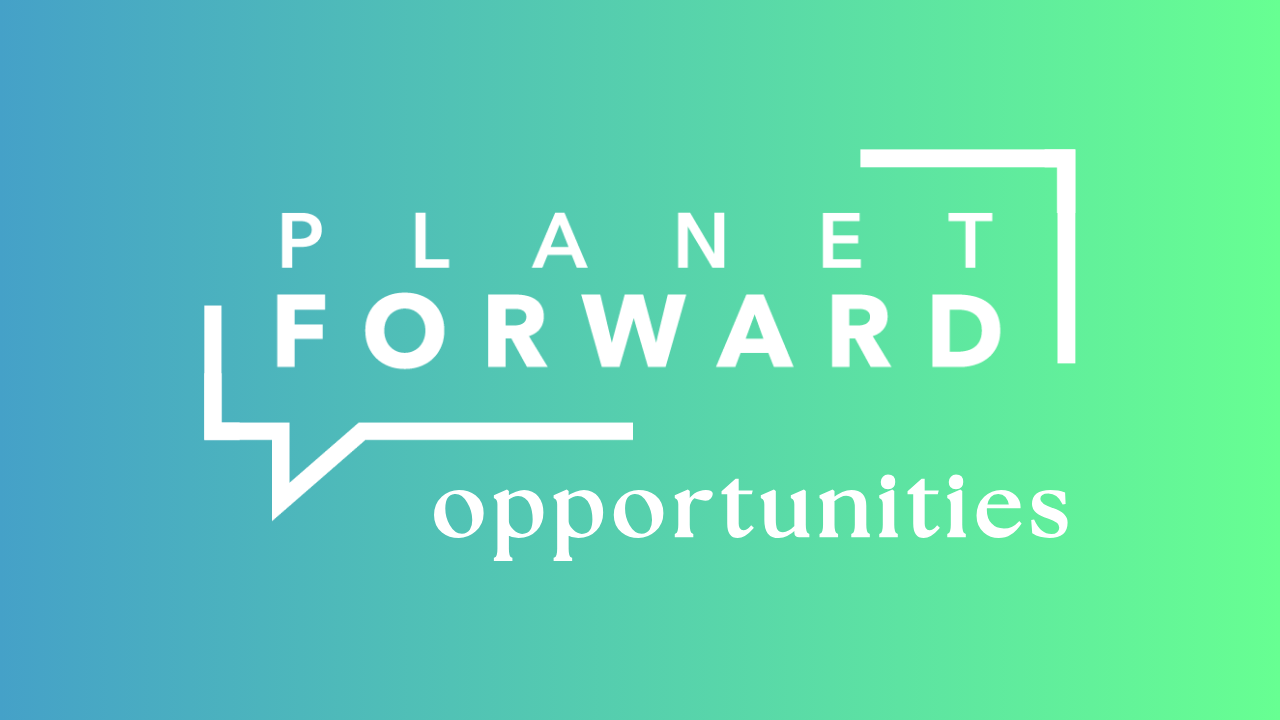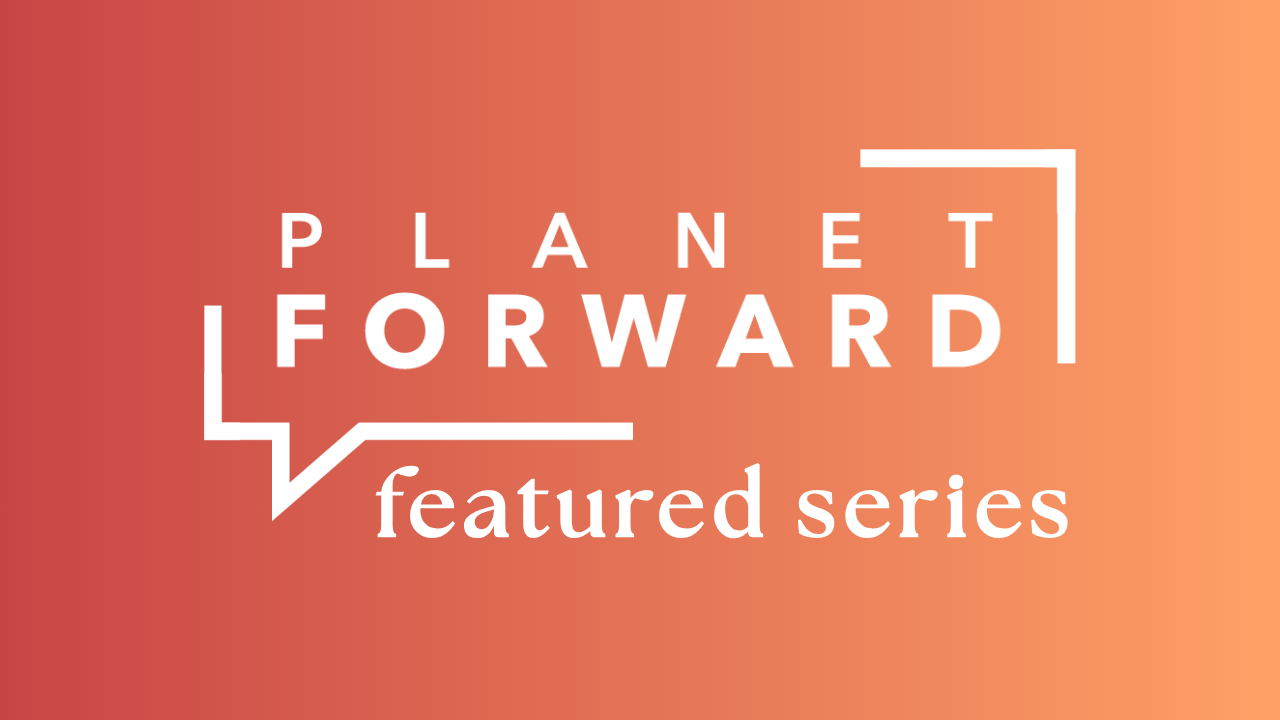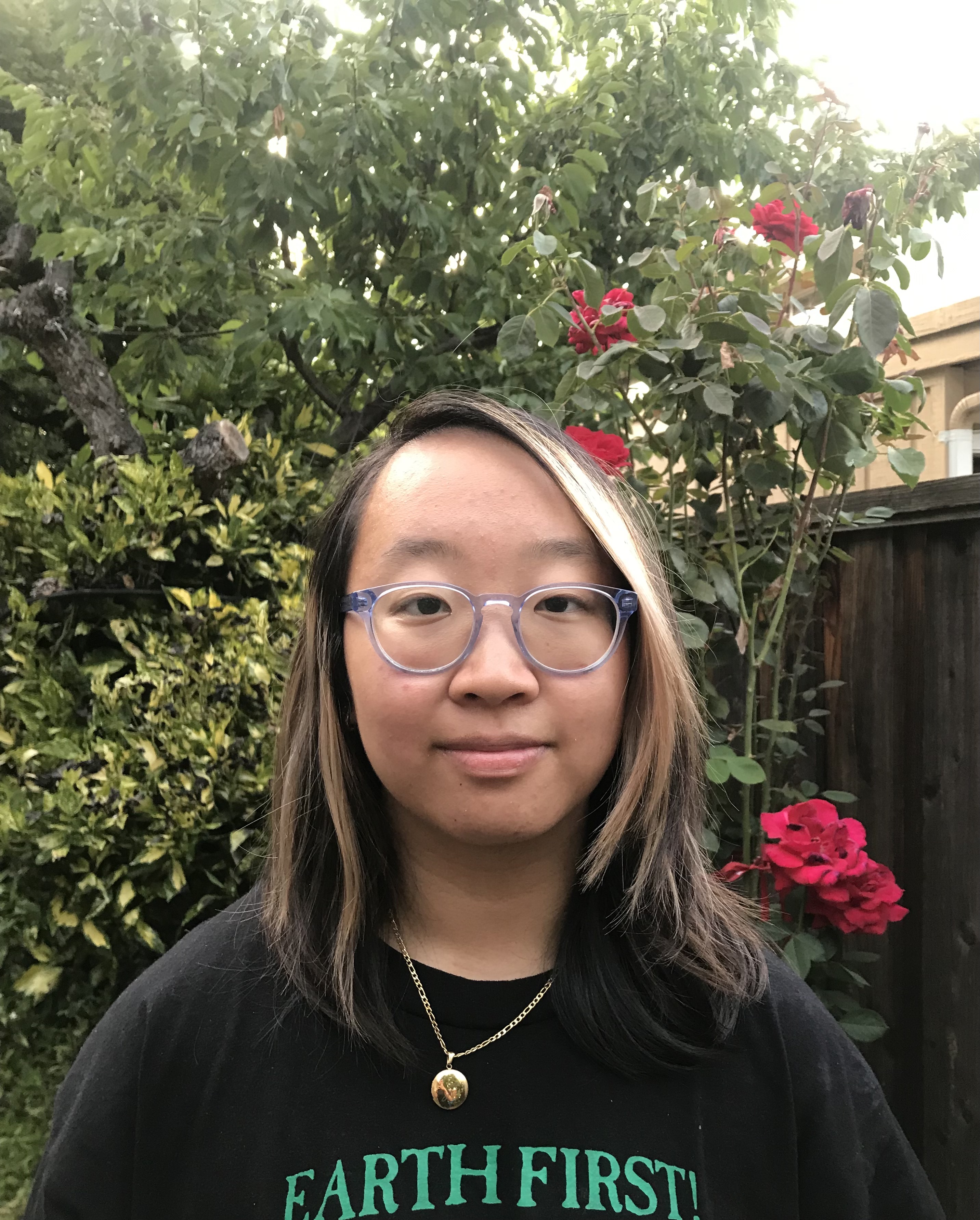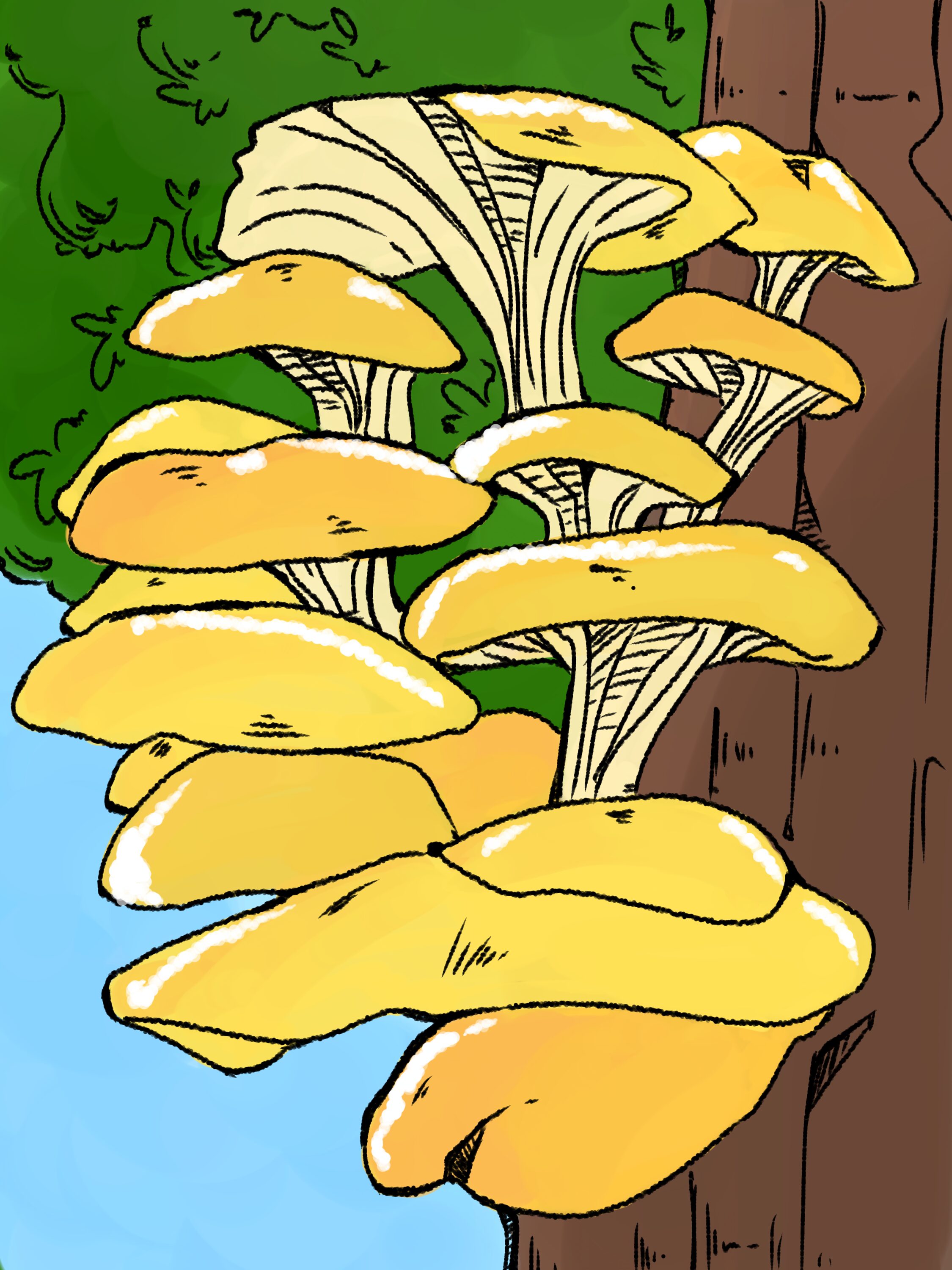In this mini-documentary, Planet Forward Comcast Sustainable Storytelling Fellow Jelina Liu provides a look into the extensive food recovery network in the United States' capital, Washington, D.C.
Food Rescuers: Food recovery in the capital
Even before the pandemic, one in 10 Washington, D.C., households reported being food insecure, with Black families 13 times more likely to be food insecure than white families. Gentrification and income inequality, which have contributed to this food insecurity, have also divided what was once known as “Chocolate City” into one D.C. that is predominantly white, wealthy, and transplant, and another DC that is predominantly Black, low-income, and local to the District.
On a larger scale, food insecurity remains a pressing issue, but up to 40% of the food supply in the U.S. is wasted per year, contributing to 8% of greenhouse gas emissions. In D.C., the food recovery network is trying to fight both food insecurity and food waste.
In this mini-documentary, Planet Forward Comcast Sustainable Storytelling Fellow Jelina Liu provides a look into the extensive food recovery network in the United States’ capital.
With the help of technology and many volunteers, this network helps battle food waste, the climate crisis, and food insecurity, all at the same time.
––
Editor’s note: This short film was produced as part of the Planet Forward-Comcast NBCUniversal Sustainable Storytelling Fellowship.




